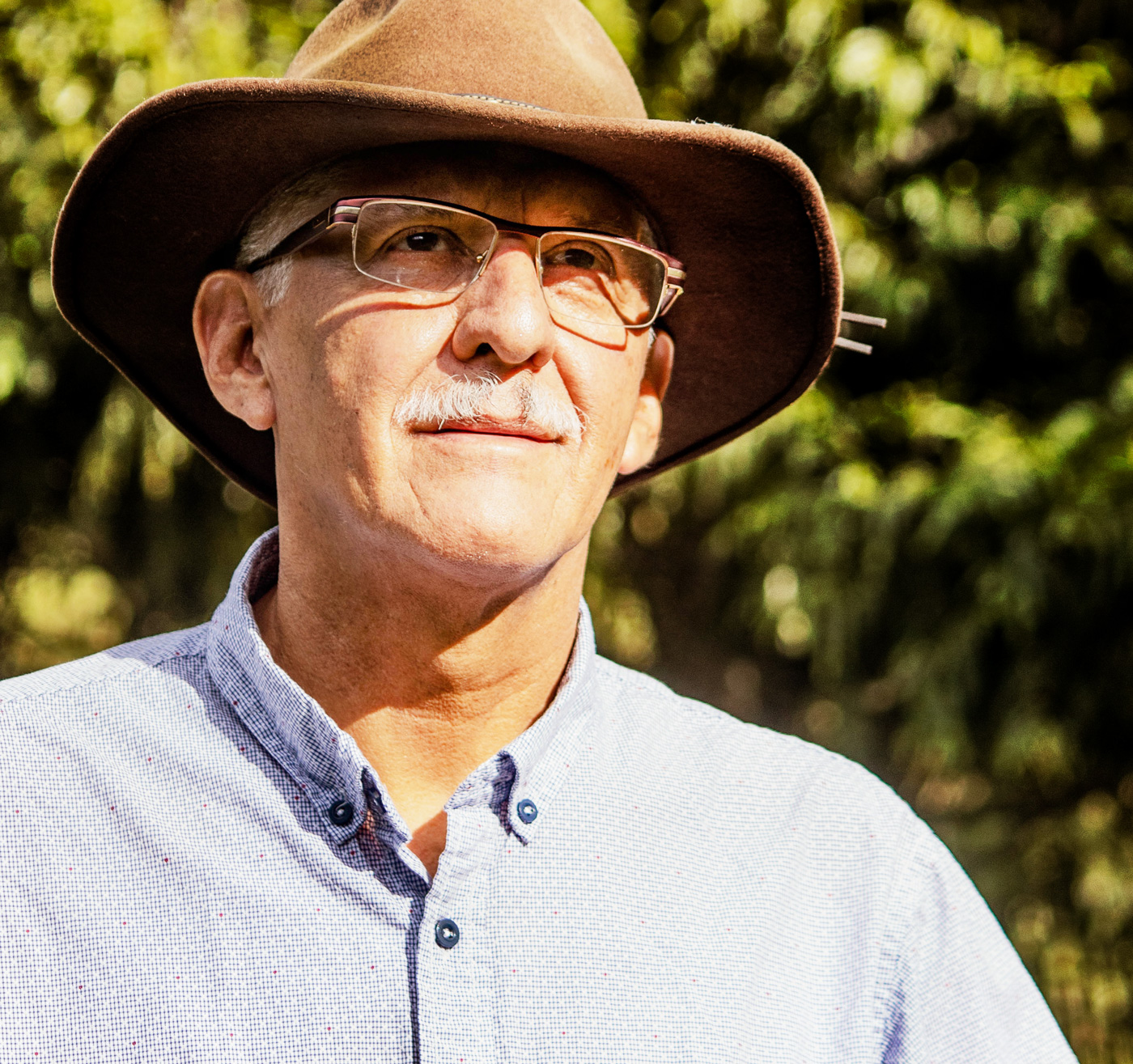Age and alcohol use
Did you know that as you age, your body finds it increasingly difficult to break down alcohol?
In old age, the body tolerates alcohol worse. From the age of 55 you are more vulnerable to the effects of alcohol due to changes in your body.
An aging body has less body water and more fat, the liver and kidneys work less well and the body's resistance decreases. The same amount of alcohol leads to organ damage, higher blood alcohol content, lower tolerance and faster poisoning in people over 55 years old, compared to younger age. So simply put, you get drunk faster! In other words: If you are over 55 years old, you are generally more likely to be drunk and a small amount of alcoholic beverages can sometimes already have harmful effects.
From the age of 55 you experience more negative effects of a drink. Also, the feeling that you are under the influence of alcohol will last longer because the processing of this is slower. Hormone changes as you get older: The body of a person over 55 works differently than that of a younger person. At a young age, alcohol use produces more "endorphins (happiness hormone)" than in older people. With age, there is a chance that stress hormones are produced instead of these happiness substances.

Advice on alcohol consumption
The Health Council advises not to drink alcohol and if you do want to drink it, it is recommended not to drink more than one glass a day. This advice applies to both men and women. This advice is based on scientific literature and is described in the report “Guidelines for Good Nutrition 2015”.
Tips to help you balance your alcohol consumption:
- Prevent drinking alcohol from becoming a habit by not drinking daily.
- Do not drink alcohol when you have to work or during other obligations or sports.
- Alternate alcohol with drinking water or soda.
- Drinking alcohol in response to stress or personal problems is risky. The risk that you will then drink more and more is greater. It can also become a habit to drink when you are stressed.

- Watch out for alcohol when taking medication. Alcohol can reduce the effect of a drug or increase its side effects. With some medicines it is wise not to drink alcohol at all. Consult the package leaflet or ask your doctor or pharmacy.
- Do not drink while driving. This also applies to cyclists, scooter riders and scooters.
- Provide alcohol-free alternatives. At www.happydrinks.nl you will find recipes for tasty alternatives. In recent years it has become more and more hip to drink non-alcoholic drinks. Interest in this is growing! Alcohol-free wine in particular is on the rise at liquor stores and supermarkets. Of these, the Dutch have started drinking 37 percent more. This is mainly because there was little or no supply for this. Non-alcoholic beer, on the other hand, has a segment that is fifteen times larger. People have also started drinking more.
How Moti55
fits into this story
People who have previously participated in Moti55 are generally positive about this. It has been found that they have halved their alcohol consumption on average. Some participants have stopped drinking alcohol altogether. Their level of knowledge about alcohol has also increased and they are regularly made to think about what alcohol can do to you. The participants did not know, for example, that alcohol can make you feel depressed, make you sleep worse or that it is carcinogenic. Quitting alcohol and also cutting back provides health benefits and improves quality of life.
Moti55 made me realize that my fatigue was related to my alcohol consumption and since I stopped, I enjoy the little things again and feel fit again!
Response from a participant of the Moti55 program
Free sessions
always near you
Participation in 'Moti55' is free and the sessions take place at a location near you. Click on the button below to see where you can contact us.Click here to approach Moti55
